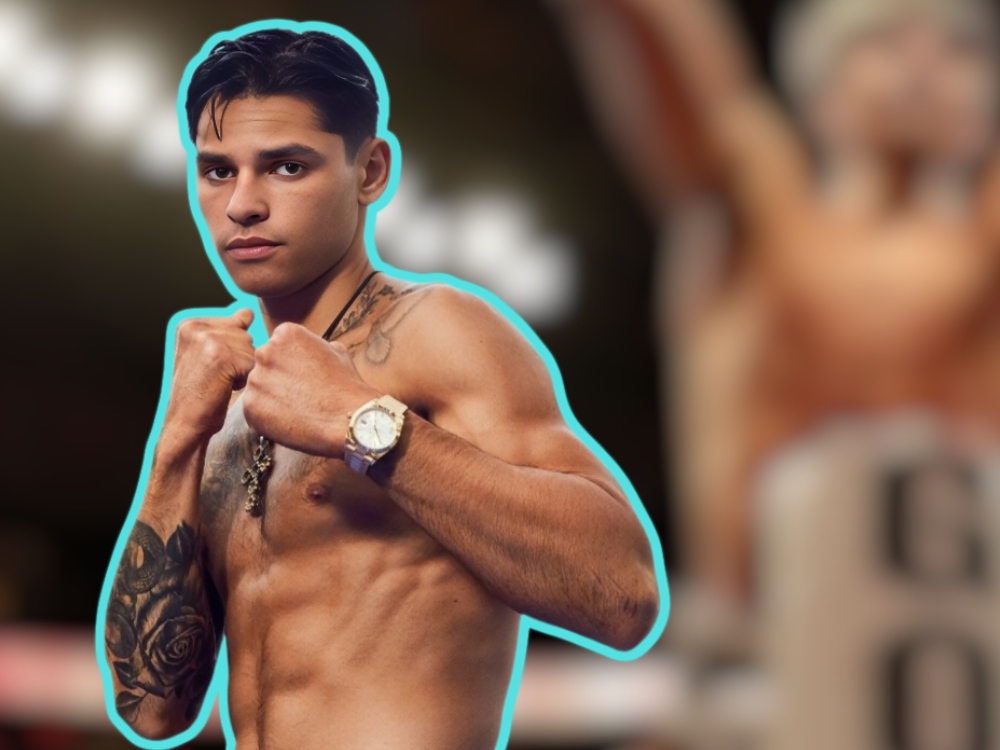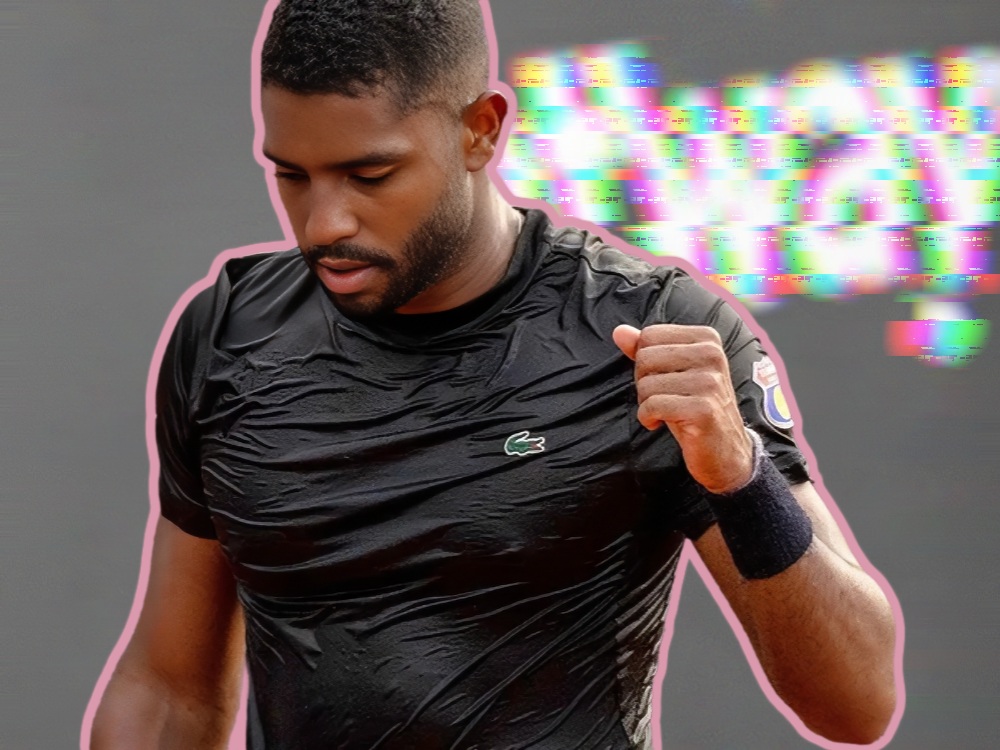The 69th Eurovision Song Contest has crowned a new winner, and once again, queerness takes centre stage. Held in Basel, Switzerland, this year’s event was won by 23-year-old Austrian-Filipino male soprano JJ, also known as Johannes Pietsch, with his emotional ballad Wasted Love.
JJ, who proudly identifies as queer, captivated the audience with his unique voice and powerful presence.
“I’m queer myself and I’m happy to represent the community and give it a voice,” he said in an interview with Euro News.
“I’m now, so to speak, the voice of the queer community in Austria and my personal message would simply be to love one another. Because love is the most beautiful thing in the world and hate is the most terrible.”
Growing up in Dubai, JJ first discovered Eurovision after Conchita Wurst’s 2014 victory — another groundbreaking moment for queer visibility. Now, JJ has become Austria’s next icon on the global stage.
A Nail-Biting Finish
The Grand Final delivered one of the most intense voting rounds in recent memory. Austria led the jury vote with 258 points, edging out Switzerland and France. But it was the public vote that tipped the scales. Austria narrowly beat Israel with 178 public points, clinching the overall win.
Notably, this year’s votes defied fan expectations. Sweden had been widely tipped as the favourite, while Malta’s viral song Serving — popular across queer social media — failed to translate that buzz into actual votes. The UK’s entry What the Hell Just Happened? lived up to its name, scoring zero points in the public vote.
Australia’s public vote? It went to Israel.
Nemo Returns to the Stage
Last year’s winner Nemo, Eurovision’s first nonbinary champion, made a stirring return as the Grand Final’s opening act. They performed The Code and a haunting new ballad, Unexplainable.
“What if I’m unexplainable?” asks the chorus.
Nemo explained the song was about their nonbinary identity, calling it “the most vulnerable” work of their career, but not a plea for sympathy.
“It was rooted in confidence,” they said. “A way of saying, I’m here. Listen to me.”
Hosts Courtney Act and Tony Armstrong called their performance “haunting and powerful.”
Controversy Over Israel’s Participation
Protests erupted outside the venue as demonstrators opposed Israel’s inclusion in the competition amid the ongoing conflict in Gaza. Swiss police clashed with protestors, deploying tear gas and water cannons after two men waving Israeli flags ran toward the crowd.
Over 1,000 musicians and former Eurovision contestants signed a letter calling for Israel’s exclusion, citing “crimes against humanity” and accusing the national broadcaster KAN of complicity in “genocide against the Palestinians in Gaza.”
The letter read:
“By continuing to platform the representation of the Israeli state, the EBU is normalising and whitewashing its crimes… We urge the EBU and all its member broadcasters to act now — Israel must be excluded from Eurovision.”
Go-Jo Makes Australia Proud
Although he didn’t make the Grand Final, Australia’s own Go-Jo left a lasting impression with Milkshake Man. The Western Australian performer was eliminated during the semi-finals, but his performance — complete with a towering “Big Blender” prop — wowed audiences.
Waving an Indigenous flag during the voting, Go-Jo stood out even as pride flags were reportedly restricted this year.
SBS Head of Entertainment Emily Griggs praised Go-Jo’s energy:
“He captured everything Eurovision stands for: transformation, connection, and creativity… We’re proud of his performance and the team behind him.”
Go-Jo later shared on social media:
“Seeing all your support around everything makes me feel so very loved… I really tried to show the whole world how fun, exciting and colourful we are in the land Down Under.”
He now plans to tour Europe, continuing his rise on the international stage.




























